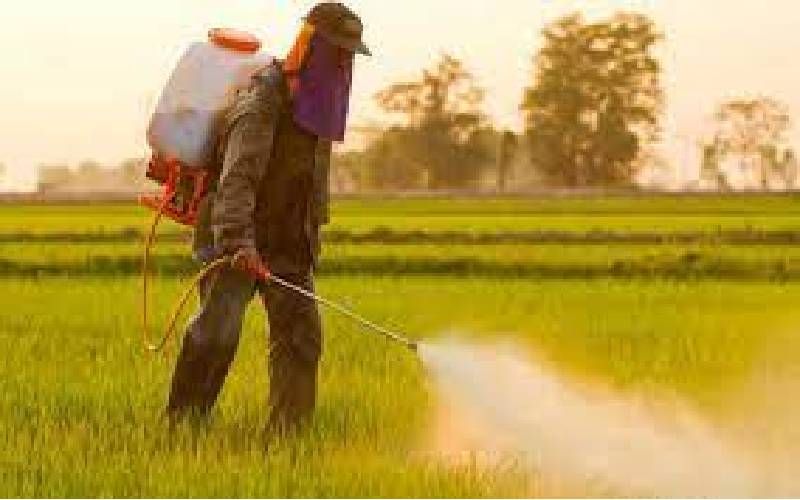×
The Standard e-Paper
Home To Bold Columnists

The big man at the Ministry of Agriculture has recommended that Parliament bans all pesticides whose use is not allowed in Europe. Cabinet Secretary Peter Munya says the country needs to boost overall farmer productivity, protect and safeguard our agriculture against external threats, including introduction of foreign pests and diseases.